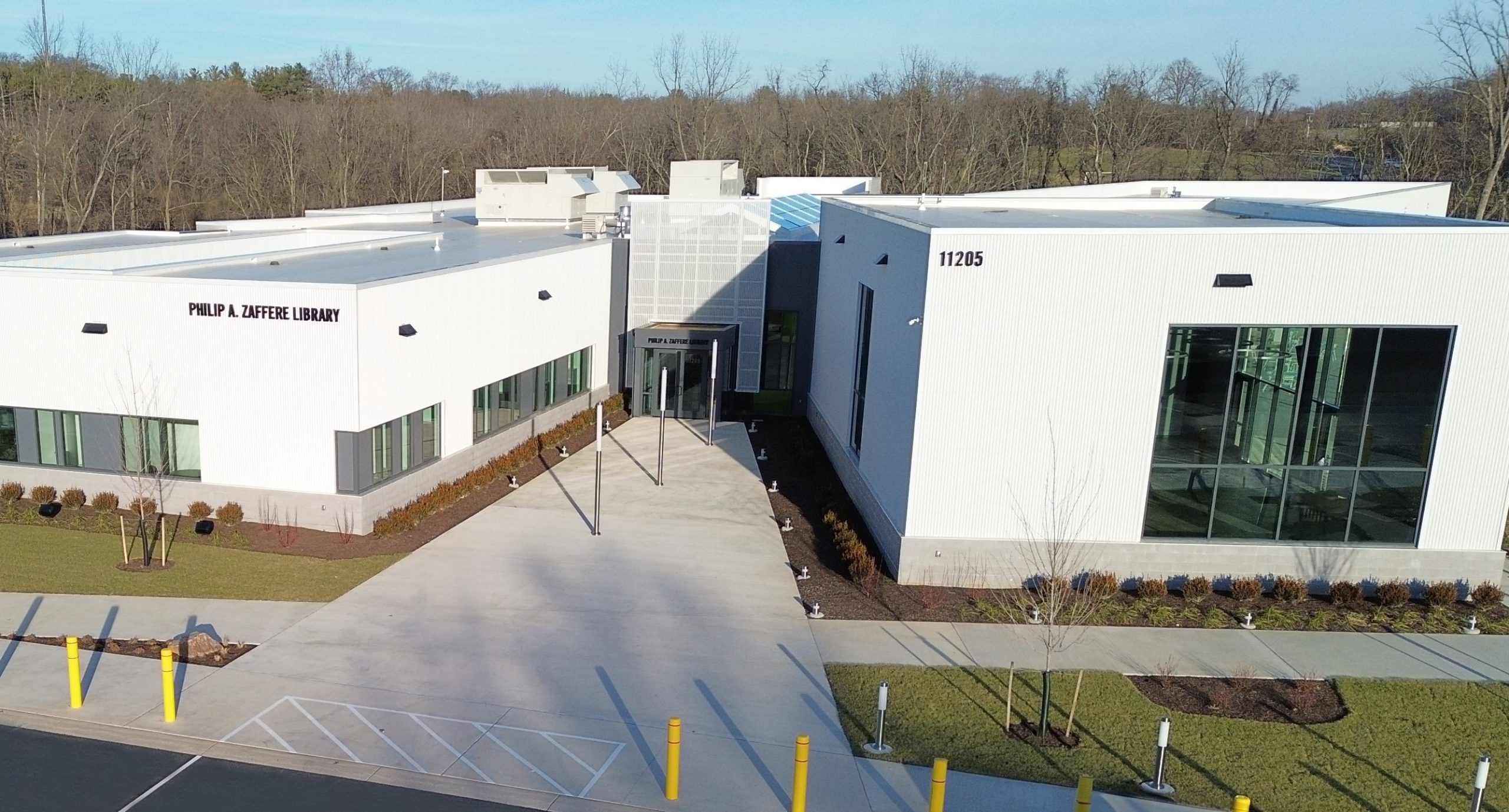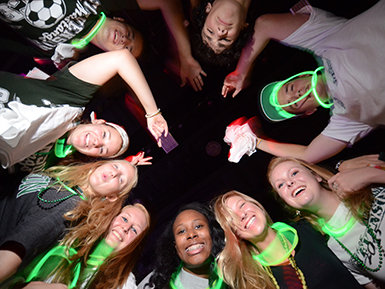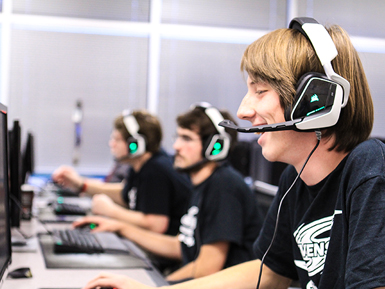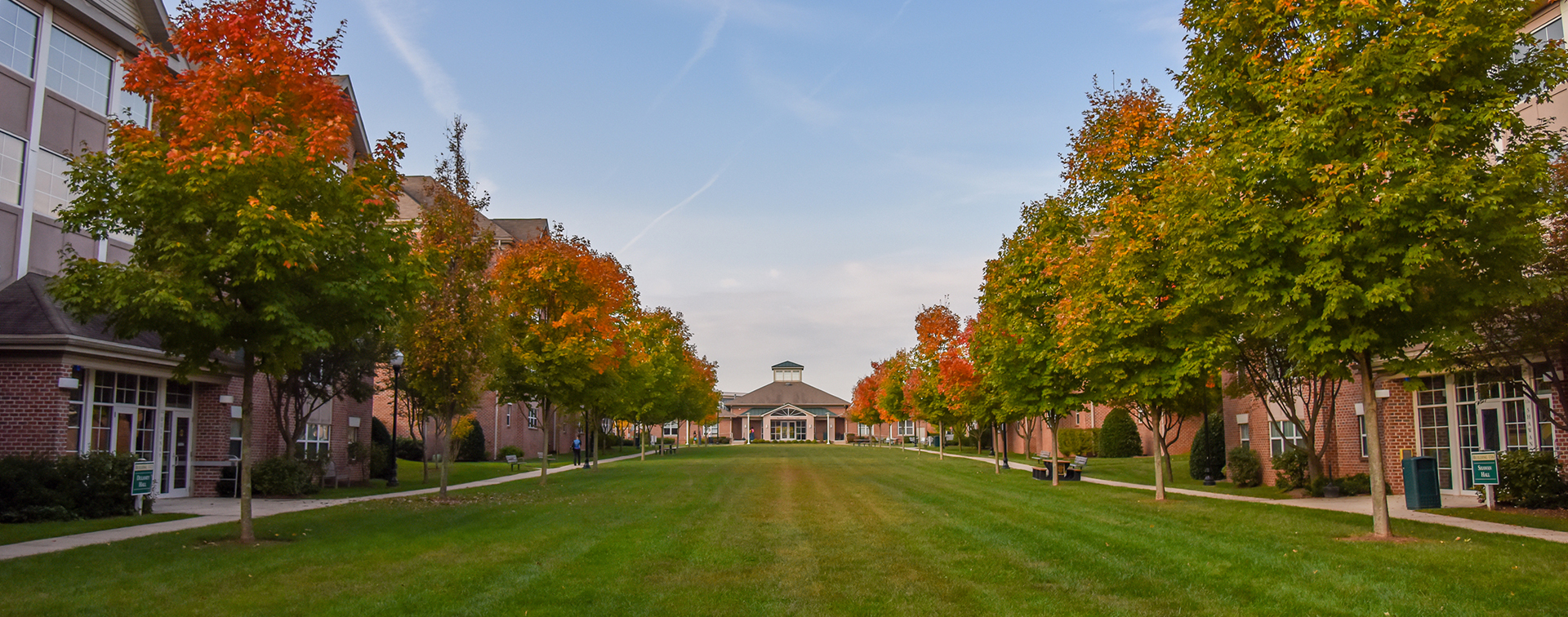All members of the 果冻传媒直播 community are responsible for creating and maintaining a culture of academic integrity that promotes a commitment to learning and the pursuit of knowledge.聽 This culture is characterized by shared values and mutual respect and can only be achieved when everyone is producing work that is truly their own with proper acknowledgement of the intellectual contributions of others.
Students, faculty, and staff must conduct themselves in an honest and ethical manner that maintains the highest integrity in their academic work and respects the learning process and the intellectual work of others.聽 Cheating, lying, plagiarism, unauthorized use of Artificial Intelligence (AI), and other forms of academic misconduct that attempt to subvert evaluation of learning create an unfair academic advantage and damage the university as a whole.聽 Academic misconduct diminishes the achievements of the honest majority and has the potential to damage the reputation of the university and all who are affiliated with it.聽 Therefore, it is the responsibility of all members of the 果冻传媒直播 community to actively discourage academic dishonesty and to report any suspected instances of academic misconduct.
As a community committed to Academic Integrity, 果冻传媒直播 provides resources to support honest learning and pursuit of knowledge.聽 In addition to required integrity education, there are several free resources on campus such as the Academic Link Learning Center, the Writing Center, the Library, and the Center for Student Success.聽 In addition, faculty and academic departments often provide discipline-specific resources to support students in doing honest work.聽
While faculty and staff will provide guidance throughout a student鈥檚 educational journey, ultimately it is the student鈥檚 responsibility to act with integrity.聽 The student must know what constitutes academic misconduct, ask questions if anything about course requirements or policies is unclear, and seek clarification before submitting work for evaluation if they are concerned about potential academic misconduct.
(Approved July 2024)






